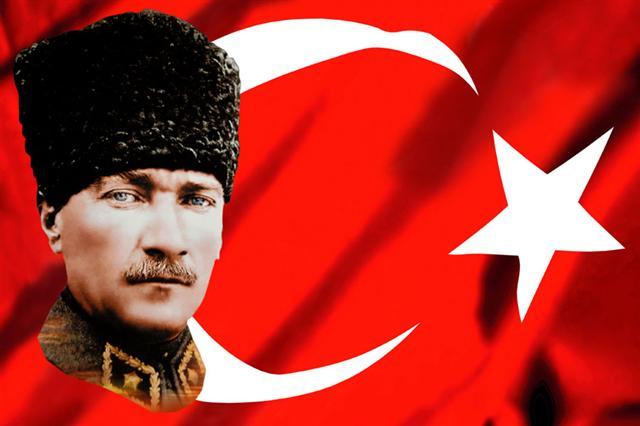Under the Turkish Constitution, the army is obliged to step in when the democratically-elected government behaves undemocratically
The number of military men arrested by President Erdogan’s government for having taken part in the attempted coup d’état last night has risen to almost 3,000. Their fate is so far unknown.
Erdogan’s prime minister, Binali Yildirim, said today that the coup is “a black stain for democracy” and menacingly added that the plotters “face the justice they deserve”.
Unfortunately, European leaders – including Malta’s – have spoken too hastily in terms of “supporting Turkey’s democratically elected government”. Perhaps because of the haste involved (though not in the case of Malta’s prime minister, where ignorance is more likely to blame) European leaders have overlooked the Turkish military’s constitutional role in protecting democracy in that country.
It is Mustafa Kemal Ataturk’s constitutional legacy that the Turkey military is empowered to step in and take over temporarily, to protect democracy and human rights – which is exactly the statement made by the coup leaders last night – when the government is working against both. The military then holds power for a short while until a transition is made to a properly democratic – AS DISTINCT FROM DEMOCRATICALLY-ELECTED – government.
Under Turkey’s Constitution, when faced with a request from the military command to step down and cede power to the military, the president must do so. Far from being undemocratic, as it is currently being presented in the news and obviously by Erdogan himself, Ataturk designed this system as a constitutional safeguard FOR democracy.
So why did Erdogan not step down and cede to the military last night as required under the Turkish constitution? The problem was within the military itself. The proper protocol under the Constitution is for the military’s high command to formally communicate with the president, requesting his resignation. Then, if he does not comply, the army steps in forcibly.
The military must act as a whole via the highest command. But yesterday’s coup was preceded by internal coup within the military itself, with commanding officers not in favour of the coup taken hostage by those who were, who then moved on with their plans. Far from being in the wrong, the military officers who planned the coup were in the right under the Constitution, except for the fact that they could not secure the support of the highest command.
That it was the highest command who objected is a conclusion that can be drawn from the fact that armies are not democratic institutions and what the highest command says goes. If the highest command had ordered the coup, there could have been no internal dissent or refusal to obey orders.
In this context, it is crucial to note that Erdogan purged the military command a while back, replacing key commanding officers with his stooges. He did this precisely to protect himself from the Constitutional provisions that make it incumbent upon the military high command to step in when the government begins to behave undemocratically.
It is safe to conclude that the generals who were taken hostage as a prelude to the coup were these stooges of his, while the others – who are now in prison along with 3,000 of their men – are those who, as provided by Ataturk, tried to carry out their duty under the Constitution in protecting democracy and human rights from the depredations of an undemocratic democratically-elected government.

Mustafa Kemal Ataturk
